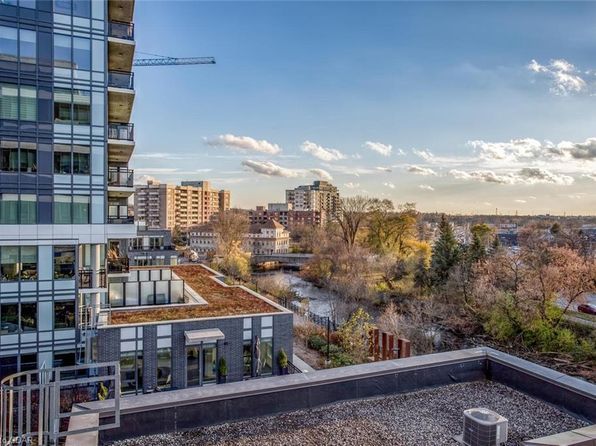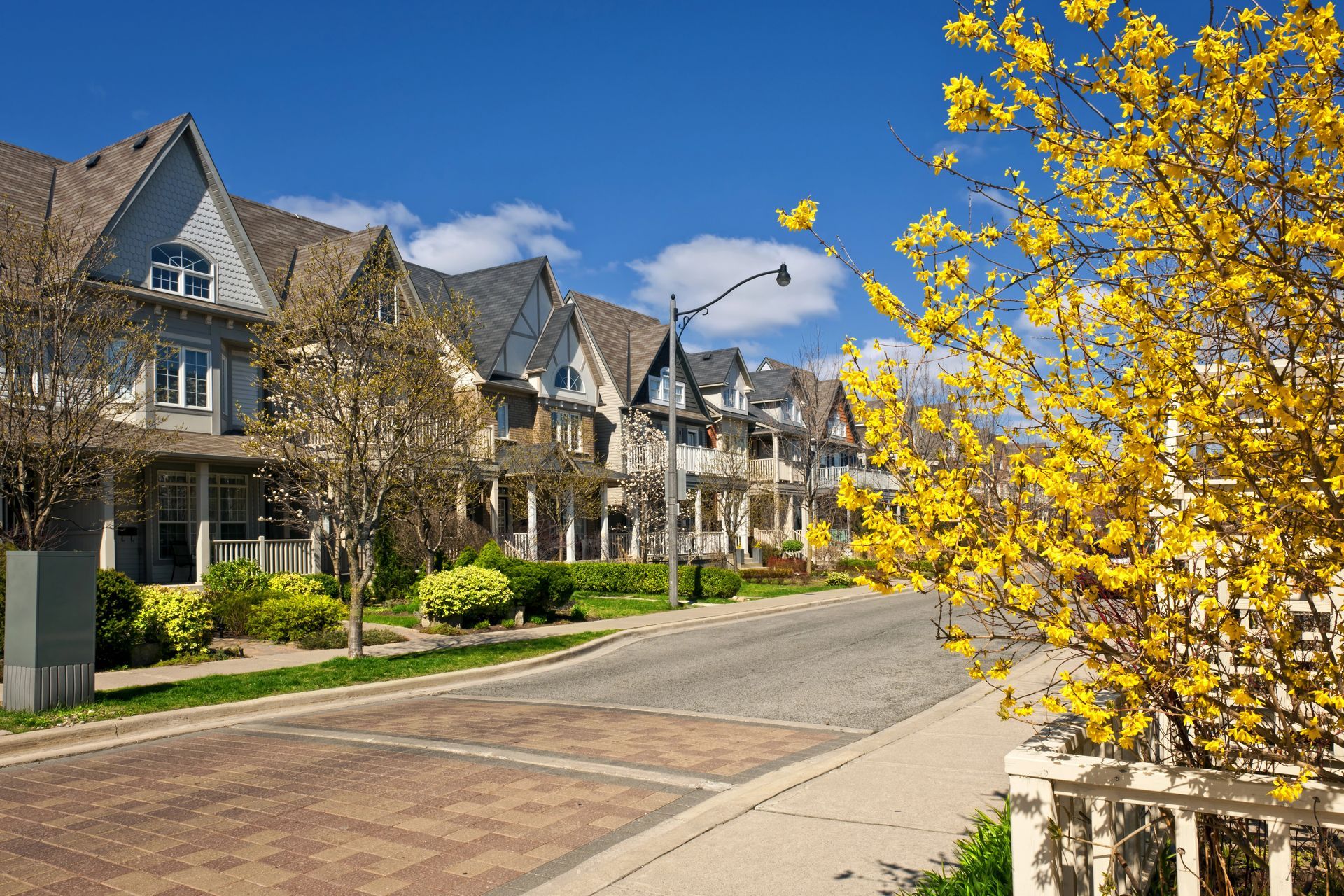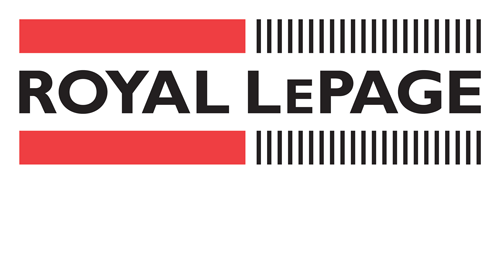Andra Arnold & Associates are a Top Rated, Award-Winning Guelph real estate team that has a passion for helping people. We truly live by our motto “Here to Help”. Our team brings quality expertise to our clients’ buying and selling experiences. The team's dedication, eagerness to help, and experience allow clients navigate one of life’s biggest decisions!
Buying Rural in 2025: What Ontario Homebuyers Should Know Before Going Off the Grid
Rural living is calling more Ontario buyers than ever, but buying the wrong property could cost you more than money. With new zoning laws, environmental protections, and hidden infrastructure challenges, skipping the fine print can turn your dream move into a nightmare.
In 2025, lower interest rates and evolving land use rules have changed the game. Keep reading to discover what makes rural life so appealing, what red flags to watch for, and how the right expert can help you buy with confidence.
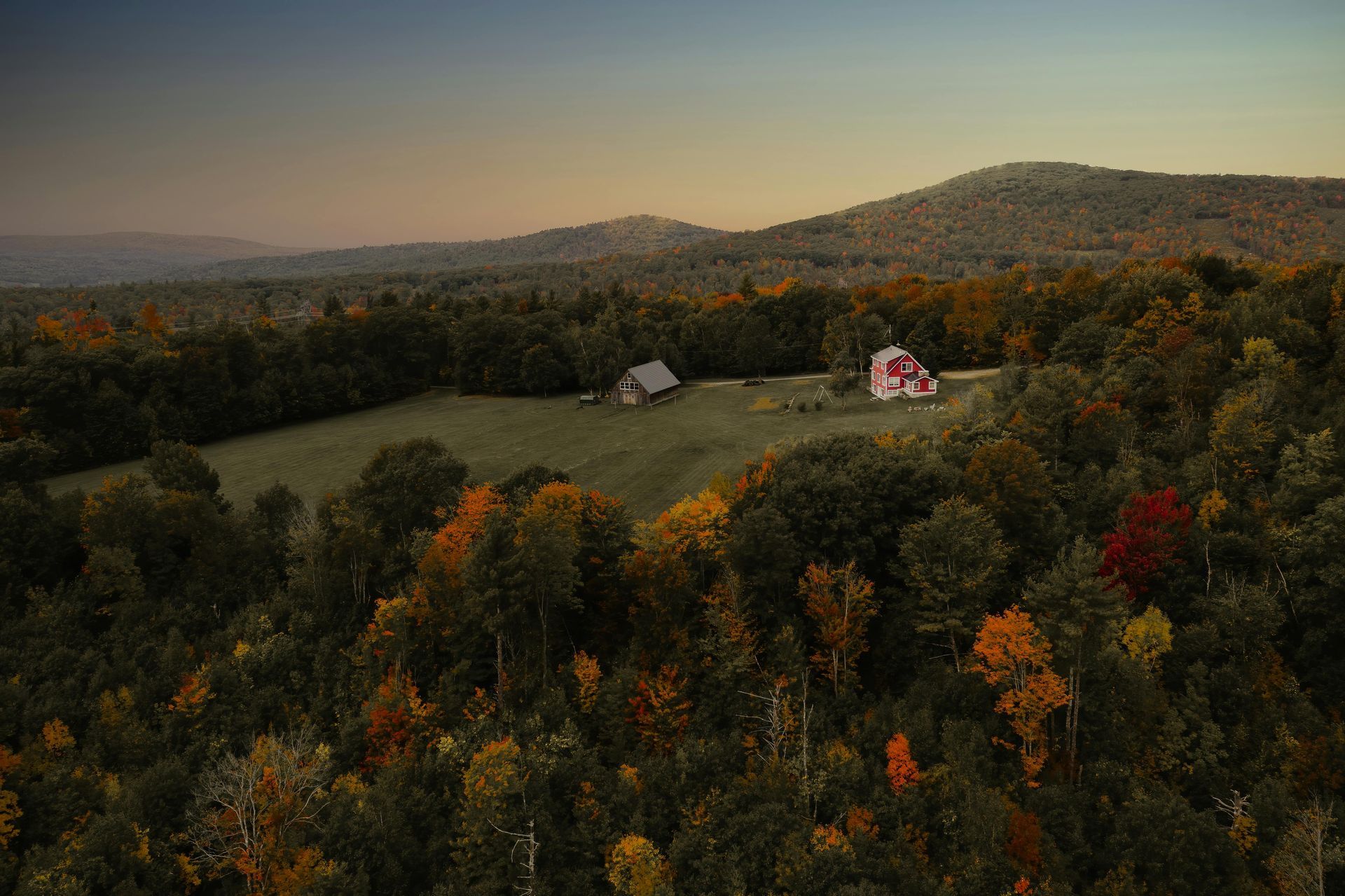
Why Rural Properties? Understanding the Appeal
More people are turning to rural Ontario for peace, privacy, and space. There are no sirens or honking, no towering condo shadows, just wide-open skies, trails in your backyard, and a chance to slow down. Some of the biggest draws are:
- More land: Rural lots are typically bigger, and many allow for outbuildings like barns, workshops, or greenhouses.
- Privacy and quiet: With neighbours few and far between, you can enjoy your own space, undisturbed and secure.
- Closer to nature: Forest edges, creeks, and farmland views often come standard.
- Room to grow: Whether it’s a vegetable garden, chickens, or future family plans, rural life gives you space to expand.
- Creative freedom: Fewer restrictions on things like exterior design, landscaping, or keeping animals, depending on local bylaws.
- Slower pace of life: Trade in traffic and long commutes for fresh air, starry skies, and a lifestyle built around what matters most.
Key Considerations Before Buying a Rural Property in Ontario
Rural real estate has its own checklist. From zoning to utilities, there are a few extra boxes to tick off when venturing outside the city grid.
Zoning and Land Use Regulations
New in 2025, Ontario’s Provincial Policy Statement (PPS) took effect in late 2024, clarifying which uses rural landowners can pursue. It now better supports home-based businesses, on-farm diversification, and even some aggregate operations, depending on location.
Local bylaws also got a refresh. Kawartha Lakes, for example, updated theirs in 2024 to make agricultural and residential permissions easier to understand and faster to approve. Always check zoning maps with the municipality before making a move.
Don’t forget about the Greenbelt, either. After boundary shifts, over 7,400 acres were removed and 9,400 acres added. You’ll want to double-check if the land you're eyeing is still protected or newly protected.
Utilities and Infrastructure
Unlike city homes, rural properties often operate independently:
- Water: Most rely on well water. You’ll want a water quality test and maybe treatment systems like softeners or UV filters.
- Septic: Instead of city sewers, there’s usually a septic tank and drainage field. A complete inspection is a must.
- Internet and cell service: Rural internet is improving, thanks to satellite and regional providers, but cell coverage can still be spotty.
- Hydro: Rural homes pay delivery fees based on distance. Your hydro bill might be higher just because of your postal code.
- Backup power is also something to consider. Many rural homeowners invest in generators or battery backup systems to avoid disruptions during storms or outages, particularly in areas prone to winter power loss.
Surveys, Boundaries, and Road Access
Always confirm property boundaries with a licensed surveyor. You’ll want to know what’s yours, especially if you plan to build, fence, or expand. Also, ask if roads are public or private, since snow removal and maintenance could be on you.
Environmental Considerations
If you plan to farm, build outbuildings, or modify land, 2025’s environmental rules could come into play. Some activities, like manure storage, wetland alteration, or tile drainage, now require Environmental Compliance Approvals (ECAs) or environmental permissions.
Two new conservation programs offer support if you're buying agricultural or forested land:
- Ducks Canada has launched an agricultural easement program that offers cost-sharing for habitat protection.
- In Eastern Ontario, a new forest easement pilot helps rural owners develop land stewardship plans.
These programs protect natural features, improve property value, and support long-term sustainability for buyers interested in eco-conscious land use or regenerative farming. Your Ontario realtor can help you determine if these apply to your property and whether they come with perks.
Taxation, Grants, and Rebates in 2025
Rural properties have different rules and sometimes perks regarding taxes and rebates.
Farm Property Tax Program
If you’re buying a farm with agricultural operations, you may qualify for the Farm Property Class Tax Rate Program, which limits property tax to 25% of the residential rate. Applications go through Agricorp, and you’ll need proof of eligible use.
Land Transfer Tax (LTT)
Rural buyers are still responsible for Ontario’s Land Transfer Tax, though first-time homebuyers may be eligible for rebates. Keep in mind:
- The province calculates LTT on a tiered basis
- First-time buyers can receive up to $4,000 in rebates
- Some rural or agricultural properties may qualify for exemptions, especially for farm use
What About Title and Insurance?
Here’s where rural buying gets extra specific.
Title Insurance and Registry
Before you close, verify your land’s title registration status under Ontario’s Land Titles Act. Some rural properties still fall under older registry systems, which can complicate things. Title insurance protects you against future issues, like encroachments, liens, or zoning surprises, and is valuable in rural purchases.
Home Insurance
Rural homes may face higher insurance premiums due to:
- Longer fire department response times
- Flood risks if you're near wetlands, rivers, or creeks
It’s worth asking your broker upfront what to expect based on the property’s location and features.
Grants, Easements, and Local Support
2025 is a strong year for rural support programs. The Ontario Ministry of Agriculture, Food and Rural Affairs (OMAFRA) has expanded its offerings to include:
- Grants for soil health and farm diversification
- Support for infrastructure upgrades, like fencing, wells, or laneway repairs
Also, check for municipal-level incentives, like development fee waivers or agricultural advisory committees, specifically if you plan to operate a business or hobby farm.
Buy Rural Property Without Unexpected Surprises
From zoning rules to environmental permits to well water tests, there’s more to consider than just square footage or bedroom counts when buying rural property.
Maggie Horne, a rural property specialist with Andra Arnold & Associates, lives the rural lifestyle herself. She’s helped dozens of clients navigate water testing, conservation setbacks, and seasonal access challenges; things that can make or break a rural deal if missed early on.
She knows what it takes to find the right fit, catch potential red flags, and help you through a seamless rural purchase, from surveys and inspections to title checks and grant applications.
Thinking about a peaceful property outside the city? We’re ready when you are.
Partner with Andra Arnold & Associates, and let’s find your perfect piece of the country.


